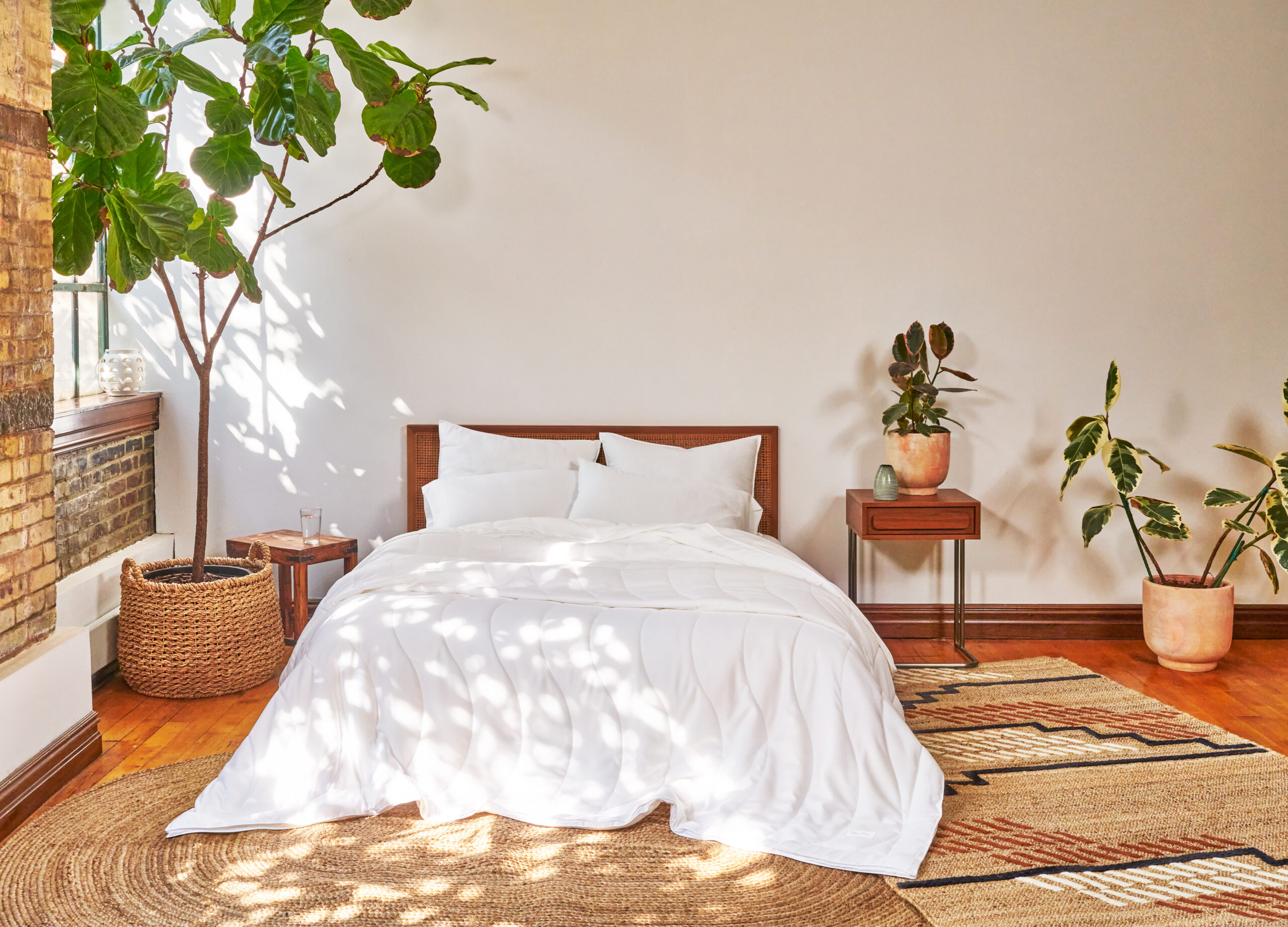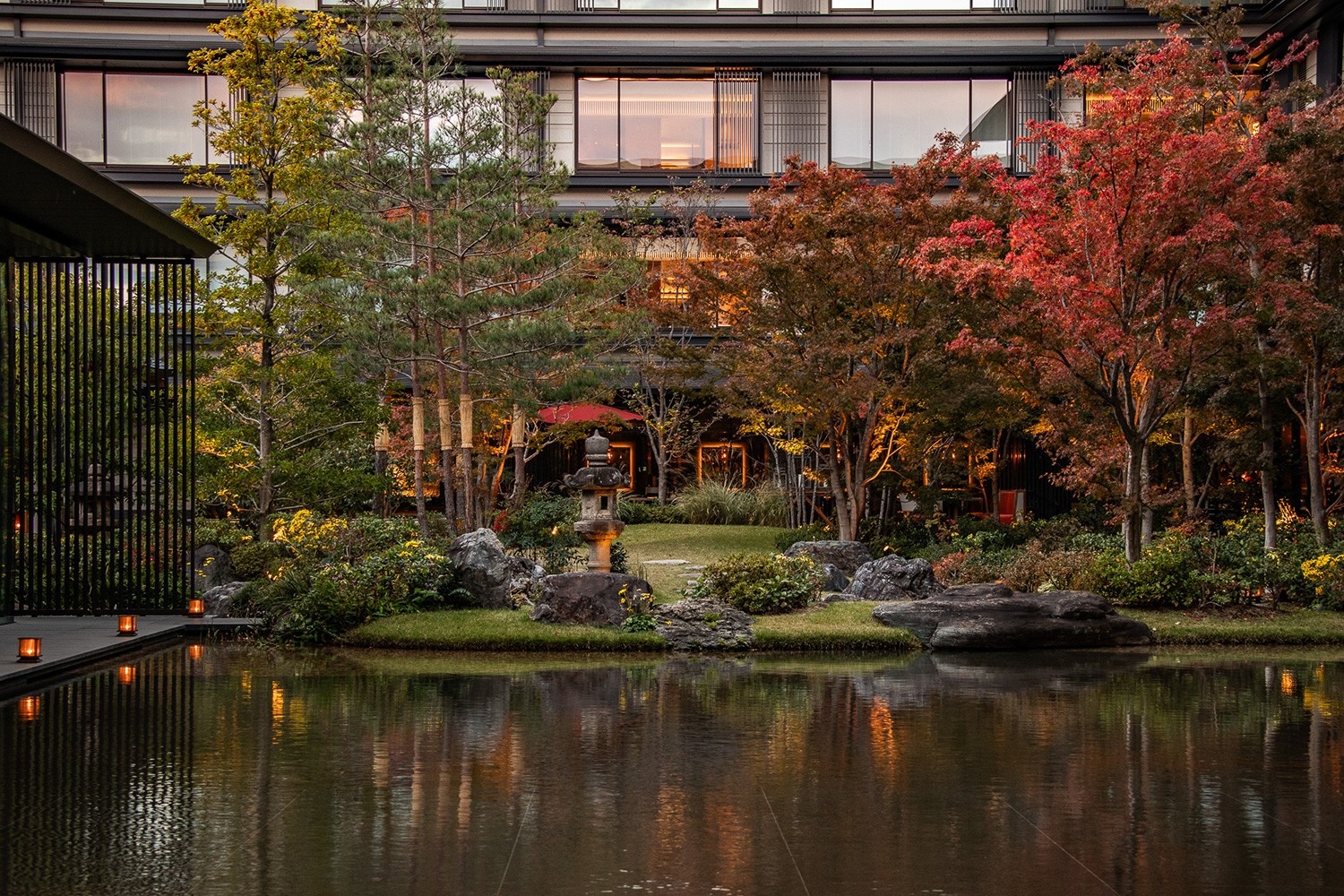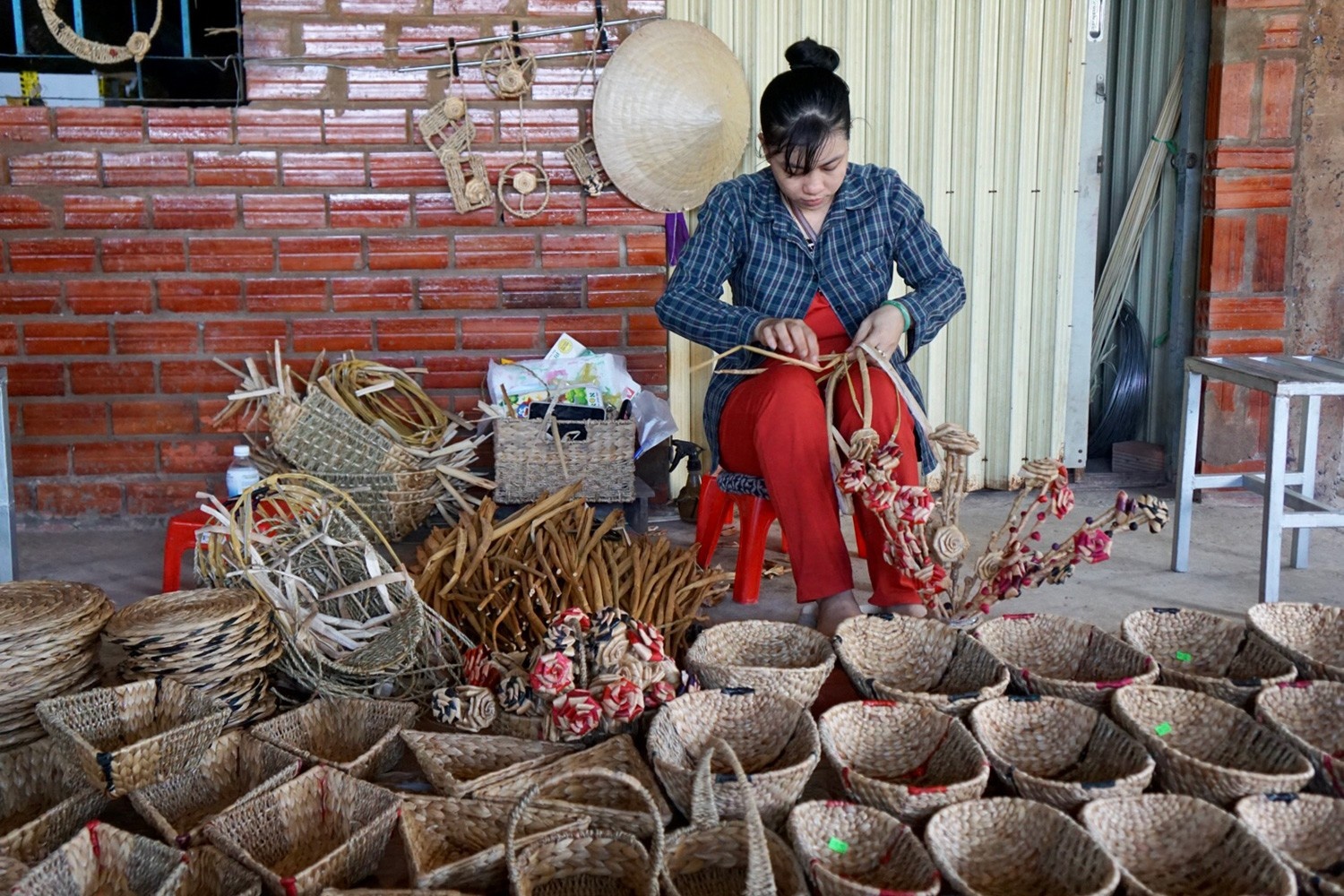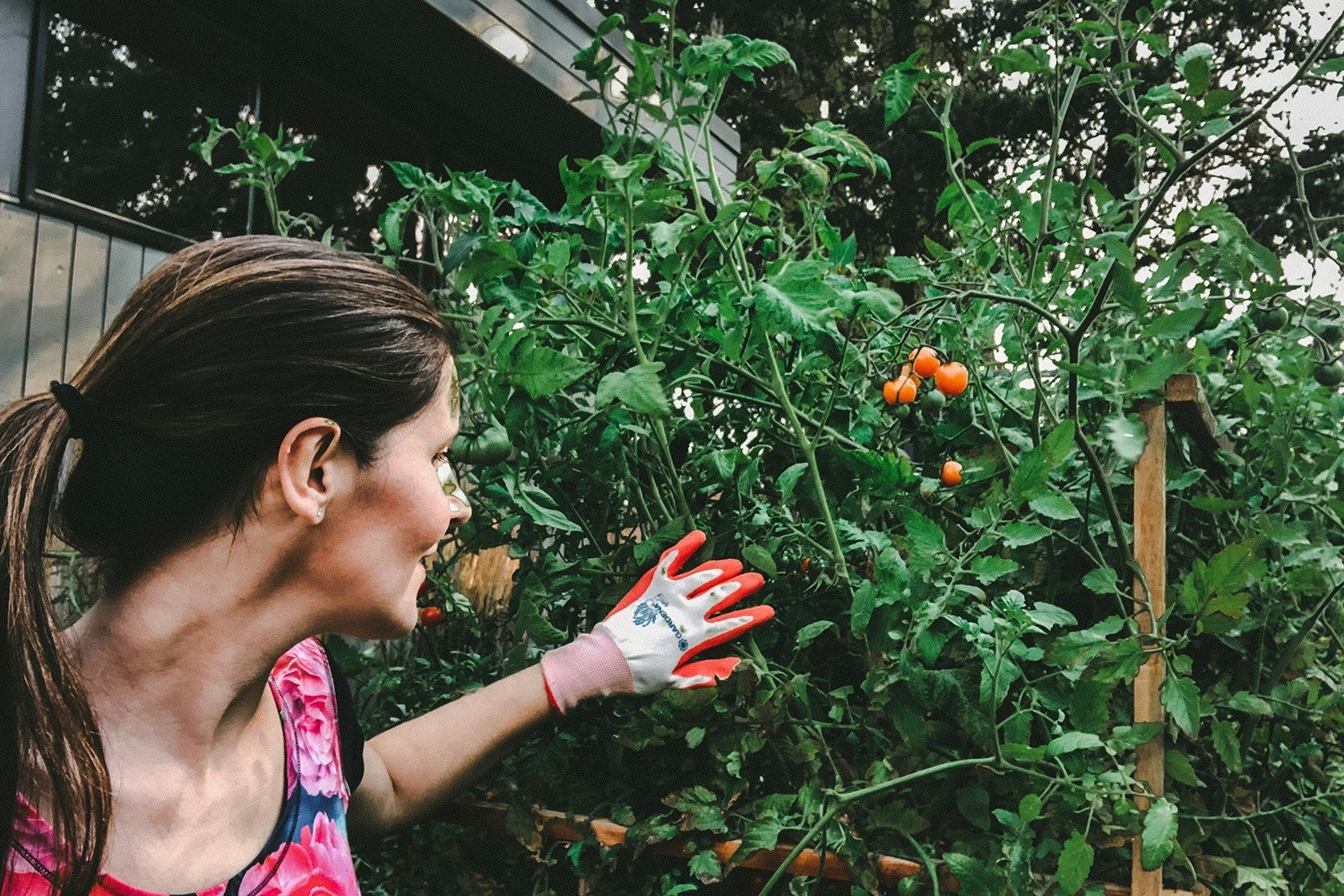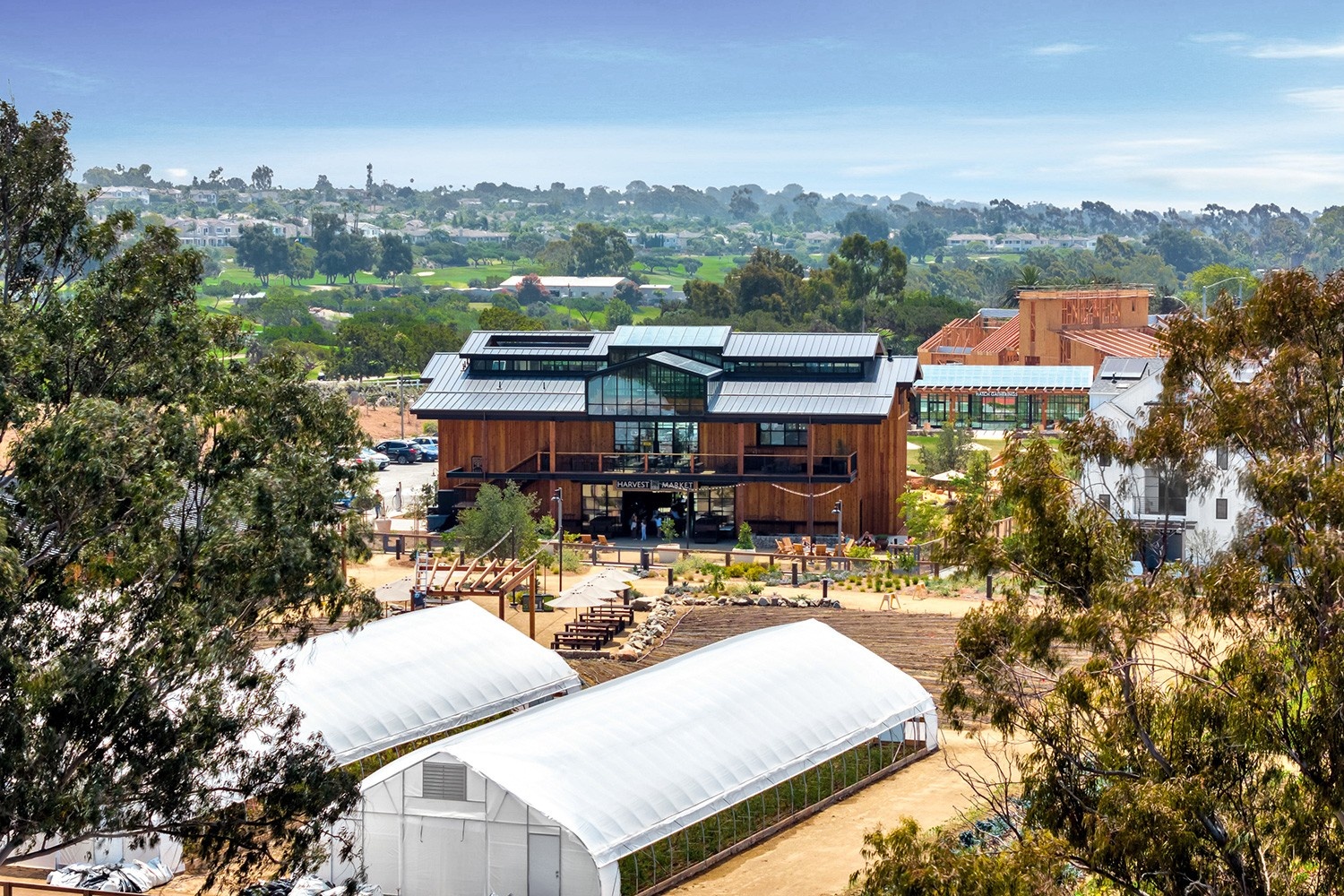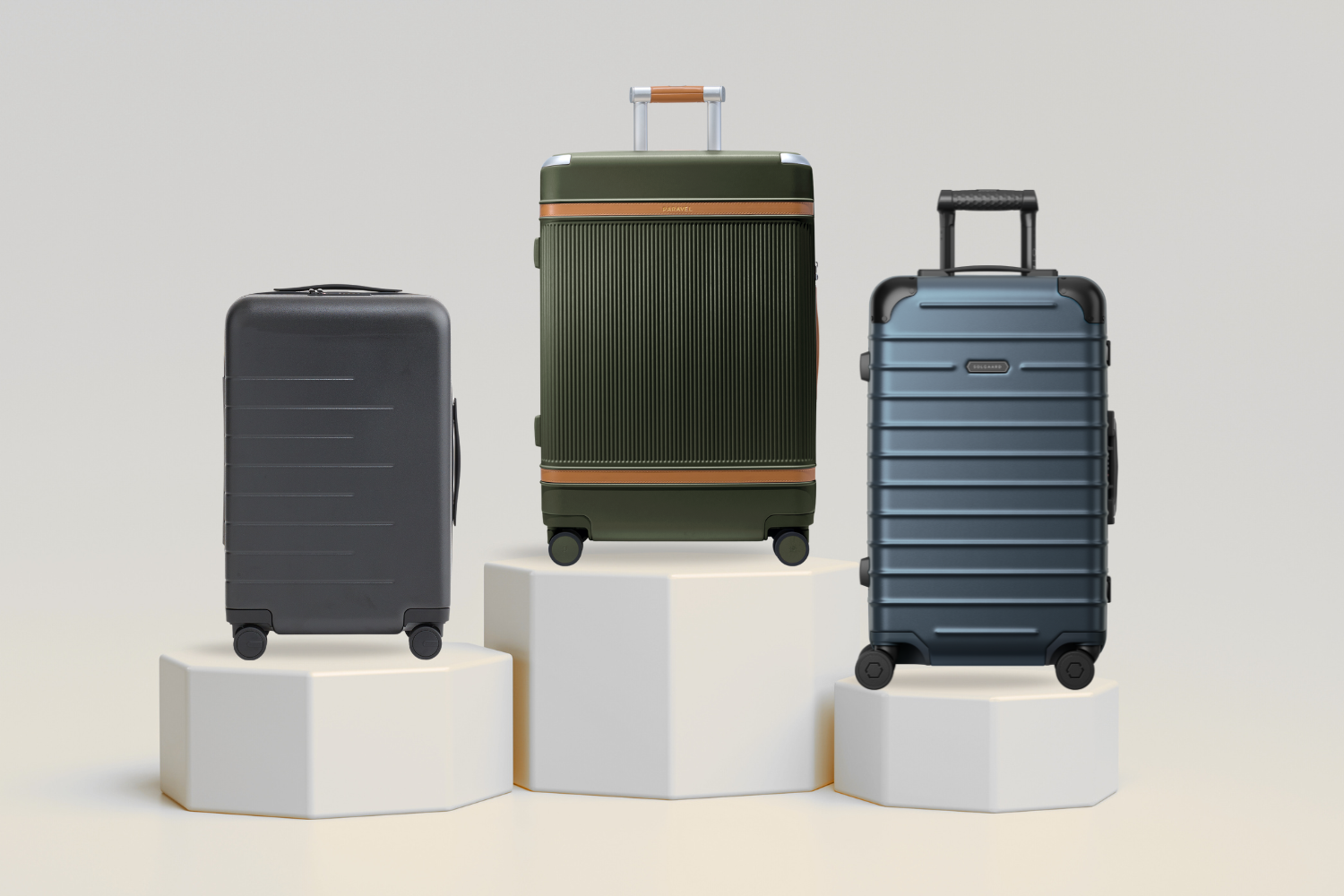“Leo Wang, co-founder of Buffy and a second-generation bedding maker, returned to the industry, resolved to create an earth-friendly manufacturing process.”
The organic and sustainable bedding market has evolved rapidly in recent years. Consumers have become increasingly aware of the impact their choices have on the environment, production communities, and health and wellness in the home, notably from toxic chemicals. Consequently, they’re willing to pay a premium on bedding products while spending more time researching companies and their materials. Organic and sustainable bedding is made with natural, biodegradable fibers such as cotton, bamboo, linen, lyocell (Tencel), hemp, and wool, which are free of harmful chemicals and pesticides. Organic and sustainable bedding is quite comfortable, breathable and often has a cooling effect, making it a good choice for those who suffer from allergies, skin sensitivities, or overheating at night.
These six bedding companies show that sound sleep and sustainability go hand-in-hand.
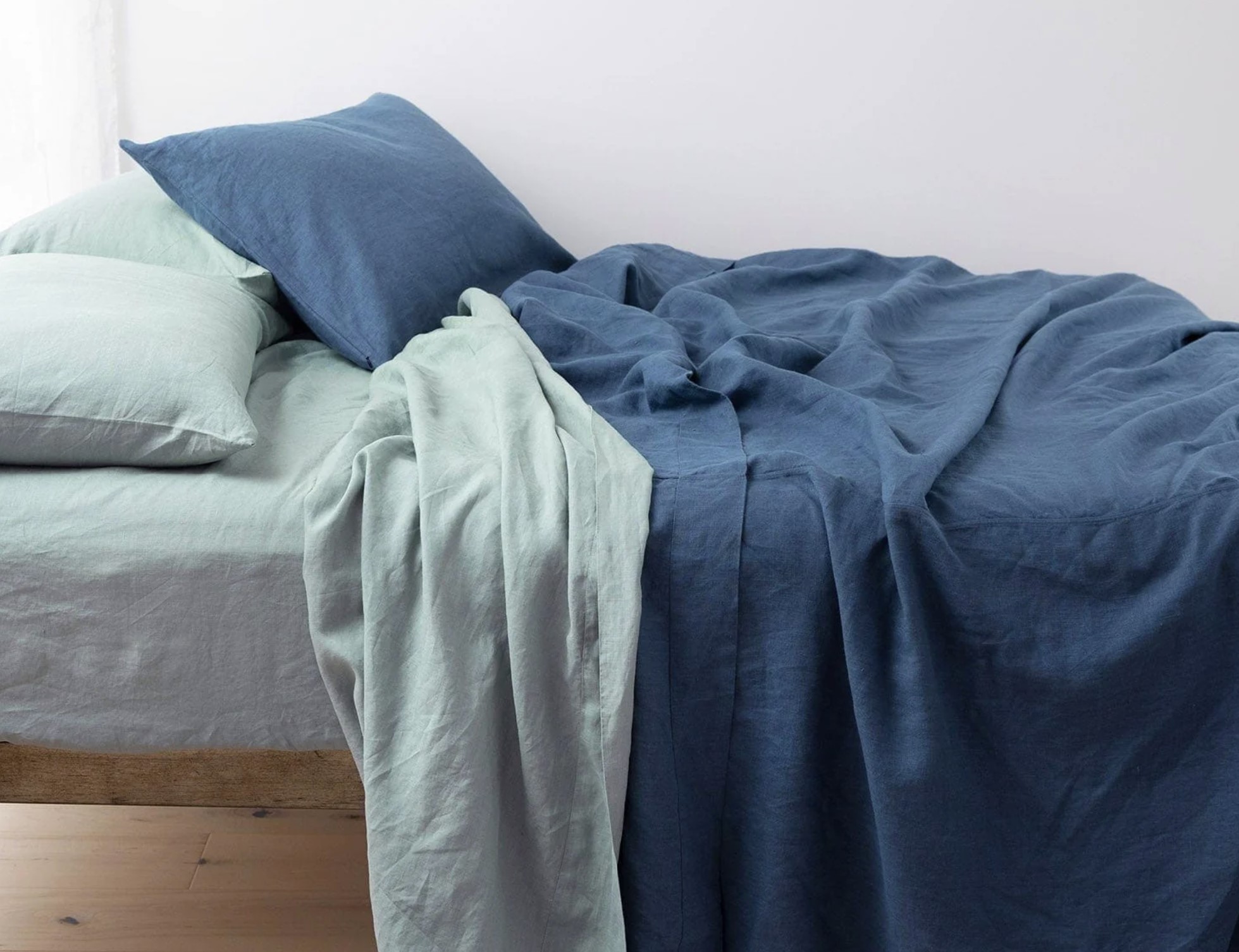
Courtesy of Made Trade.
Made Trade is a fantastic site for all your eco-friendly décor, furniture, and clothing needs, though it boasts a particularly robust selection of organic and sustainable bedding. From Percale cotton, linen, flannel, to hemp, and eucalyptus, you can find sheets for all situations, whether you sleep hot or need extra warmth. Made Trade doesn’t produce bedding (or any products for that matter) but rather aggregates vetted products from small companies around the world. If you’re looking for BIPOC-owned, Fair Trade, or even Women-Owned companies, you can filter for your values while shopping. The bamboo sateen and Tencel eucalyptus are particularly long-lived (our editors have washed these multiple times) and deliciously silky.
Price Range | $50-$500
Best For | A range of products
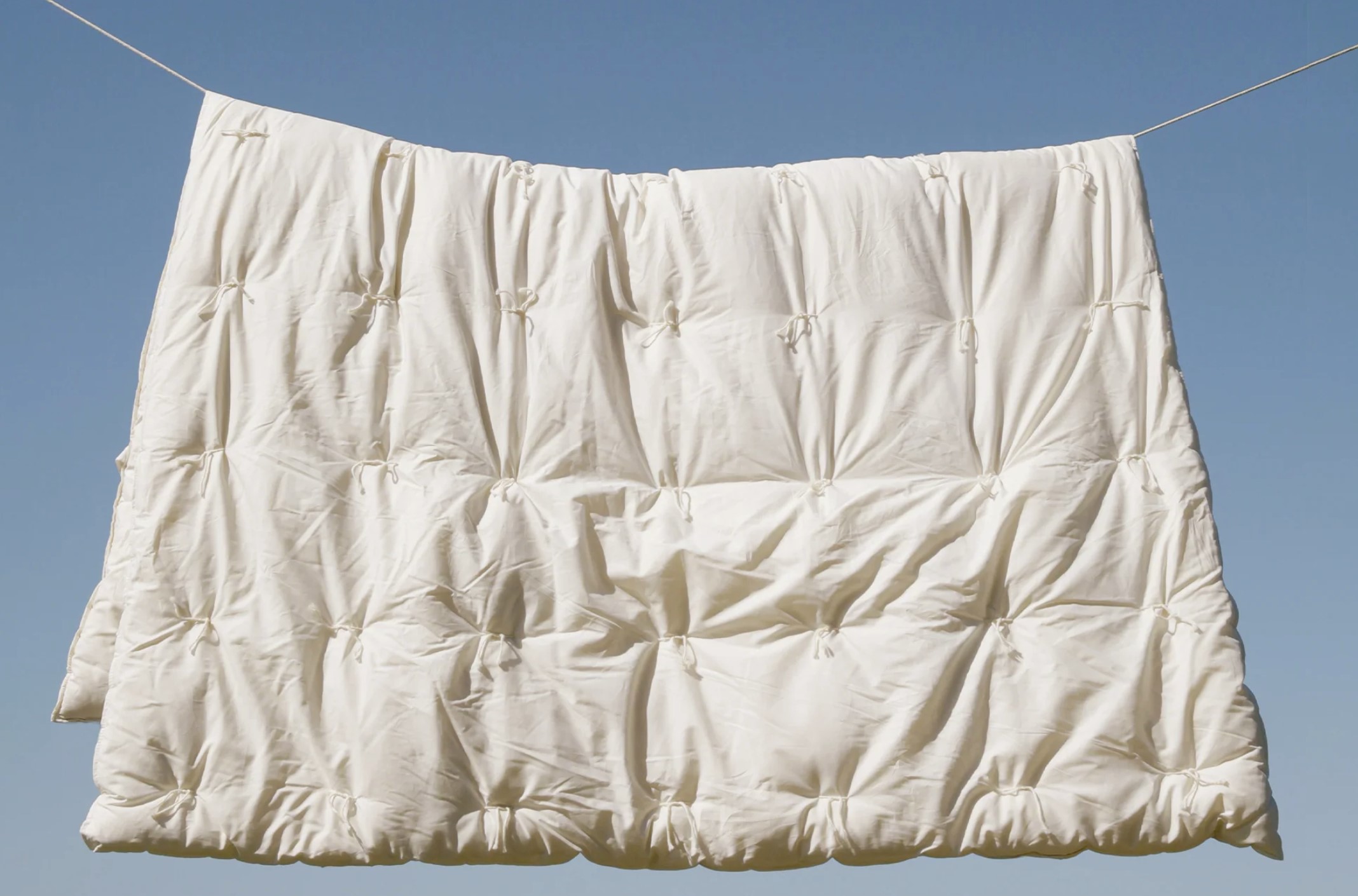
Courtesy of Coyuchi.
Founded in 1991 by Christine Blackburne, Coyuchi sells organic and sustainable bedding direct to consumers online, as well as through retail companies like Rejuvenation. For the eco-conscious crowd, Coyuchi is considered a gold-star brand. Nearly every product on the site uses organic materials with Global Organic Textile (GOTS) certification and now several come with Climate Beneficial certification. The Climate Beneficial certification, earned by products using fibershed wool like a wool-filled duvet insert, recognizes wool from regional farms and ranches intended to bring the “local” movement to the textile industry by developing regional and regenerative fiber systems on behalf of independent producers, while helping farmers implement carbon farming to reduce greenhouse gas emissions. The brand also has a “2nd Home Renewed Program,” which focuses on closing the loop of consumption and creating a circular economy by selling products that are either “restored” or “reconditioned.” Our editors tested a set of linen sheets and loved how they softened without losing structure after a few washes.
Price Range | $90-600
Best For | Climate Beneficial™ Wool Duvet Insert
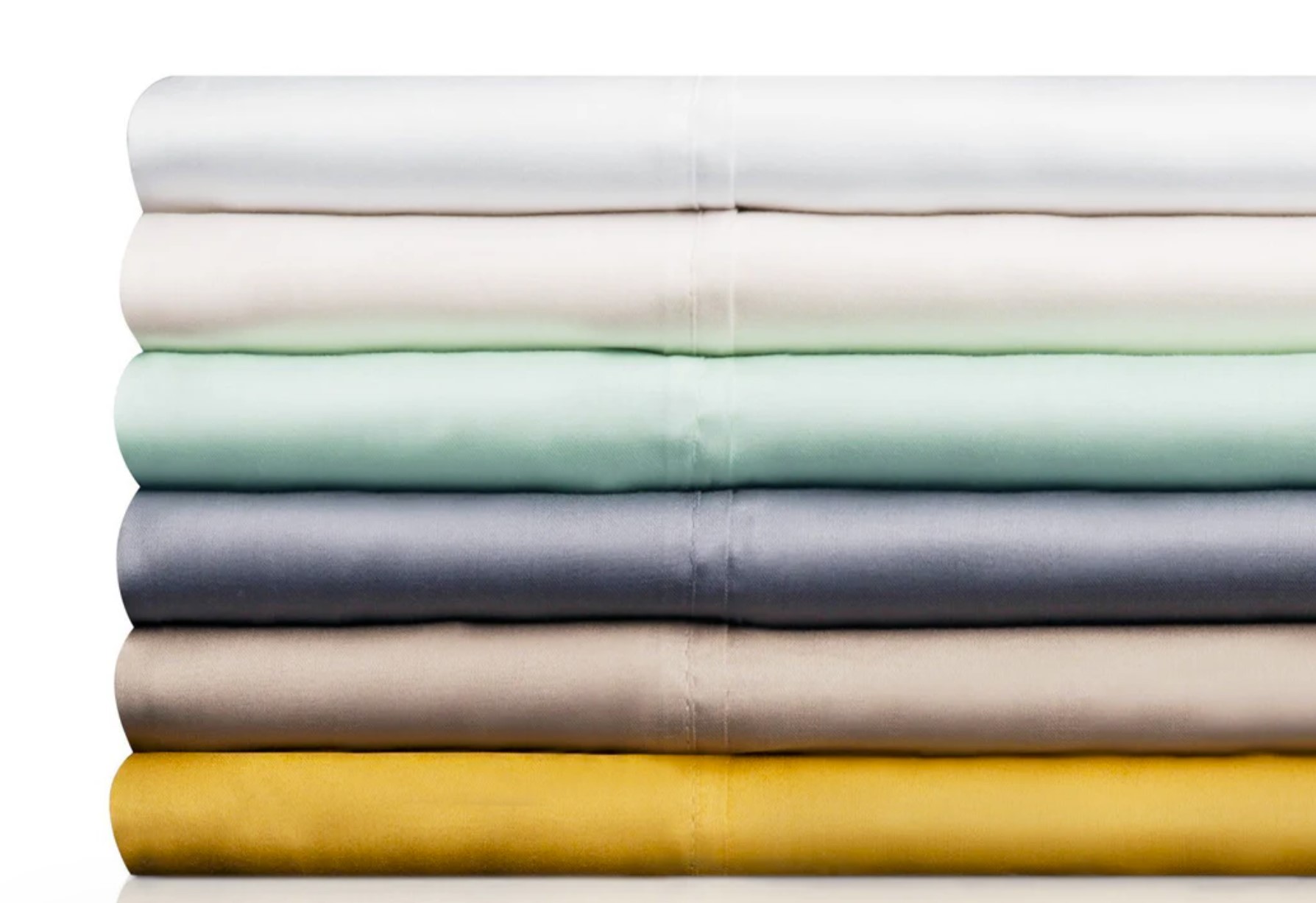
Courtesy of Plush Beds.
PlushBeds is an online retailer and manufacturer of organic mattresses and bedding. The company’s selection of sheets from natural materials includes organic cotton, bamboo, TENCEL, and silk. PlushBeds states that they work with environmentally friendly, consciously sourced, certified organic raw materials which come from renewable resources. The company boasts a range of certifications including Green America® certified, Green Business Bureau Certified, member of the Sustainable Furnishings Council, The Forest Stewardship Council, Rainforest Alliance and they offset carbon emissions via a partnership with TerraPass. Our editors tried the Vegan Tencel sheets, finding them incredibly soft and satisfying. They shed heavily in the dryer, however, so clean the lint filter and set the heat to low.
Price Range | $100-$500
Best For | TENCEL Sheets

Courtesy of Looma.
Looma is a family-owned company that manufactures bedding directly to customers. They use organic, long-staple cotton from the Himalayan region of India, which is hand-harvested by certified 100% Organic GOTS farmers who reduce water usage in cultivation by 90% through the use of rainwater, while creating 50% less CO2 in production. Looma states that its products are ethically crafted, Fairtrade certified, and made without chemical fertilizers, pesticides, or non-toxic dyes. The company also pays its workers fairly and provides safe working conditions. Looma’s products include sheet sets, duvet sets, and French linen bedding bundles. Our editors tested an organic sheet bundle and found the sheets got softer after a few washes on a cold cycle, without losing color.
Price Range | $90-$250
Best For | Organic Sheet Sets
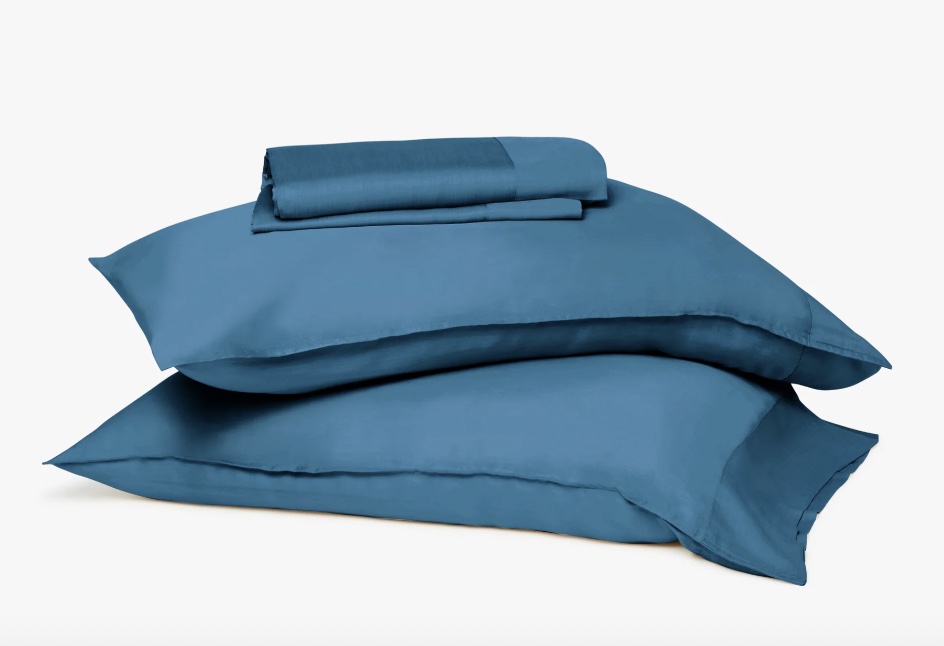
Courtesy of Buffy.
Buffy co-founder Leo Wang is a second-generation bedding maker. For 40 years his family has been weaving bedding for major retailers. Through his family’s bedding factory in northern China, he became aware of excessive amounts of power, water, fertilizer, and pesticides used to make cotton and down bedding. After stints at The Clinton Foundation and consulting firm McKinsey, Wang returned to the bedding industry, resolved to create an earth-friendly manufacturing process. Buffy debuted with a comforter made with silky soft material spun from recycled plastic bottles, then developed a process to turn eucalyptus trees, which use 10 percent of the water needed for cotton plants, into a soft breathable fabric for sheets, comforters, and pillow shells. The Cloud Comforter, the brand’s top seller, is made with 100% GRS-certified, BPA-free, recycled PET fill (up to 50 plastic bottles upcycled), and TENCEL™ lyocell fibers. Azure Road editors tested the comforter and fell in love with the softness without getting hot, even in a muggy southern summer. Winner!
Price Range | $90-$250
Best For | Cloud Comforter
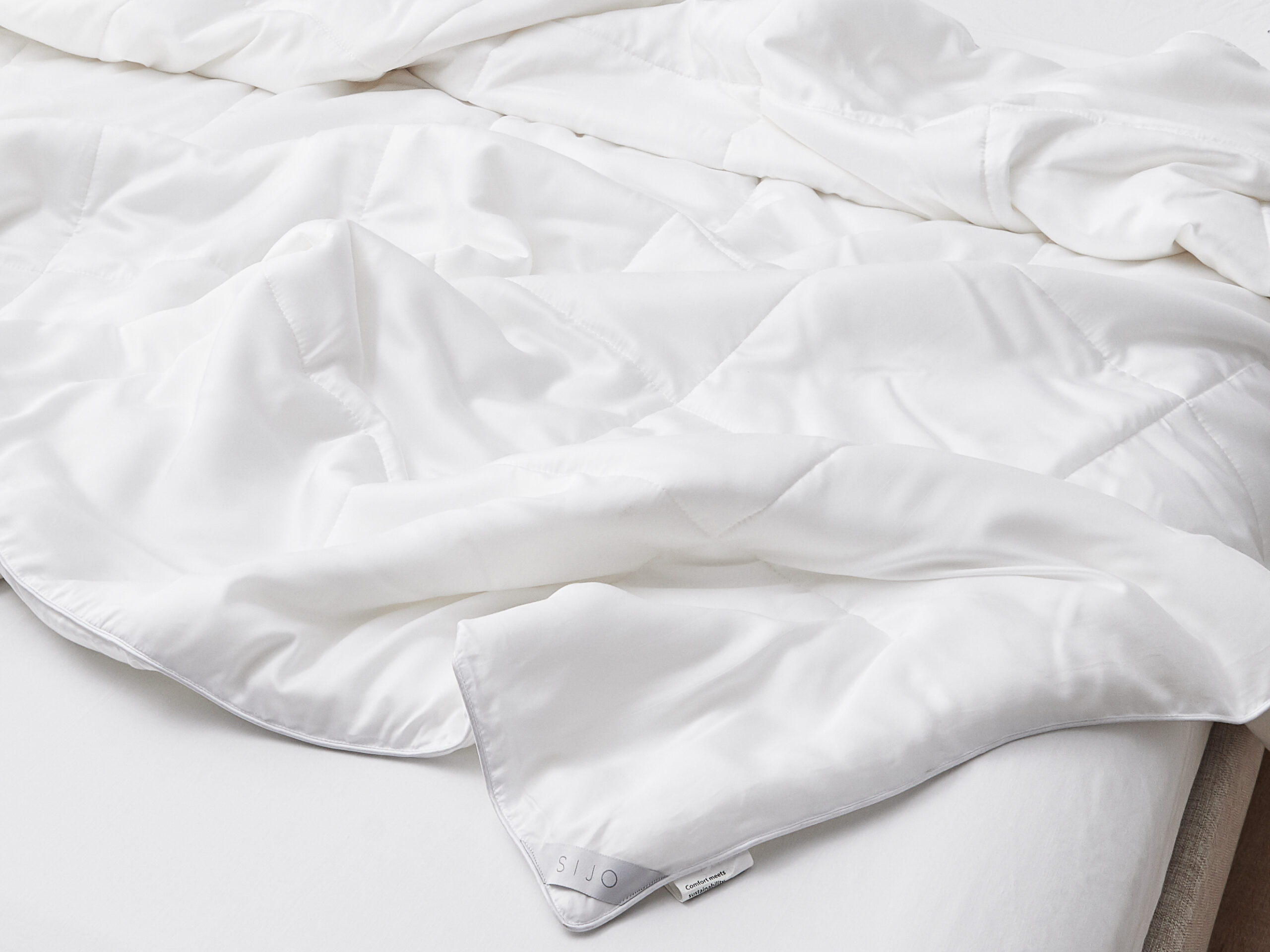
AiryWeight Duvet Insert. Courtesy of Sijo.
Sijo was founded to create sustainable sleep products for the bedroom by prioritizing relationships with responsible manufacturers and using sustainable materials including bamboo made from FSC & PEFC-certified eucalyptus wood, organic linen, OEKO-TEX certified organic cotton, and recycled polyester. They make a variety of bedding products including sheets and a cooling comforter to slip inside your duvet called the AiryWeight Eucalyptus Comforter, designed to keep hot sleepers cool. The brand’s flagship silky sheet sets are made with 100% TENCEL™ lyocell, which comes from FSC & PEFC-certified eucalyptus wood. Azure Road editors tested the cooling comforter and have a new favorite we’re telling all our Southern friends about.
Price Range | $95–$275
Best For | Cooling sheets and comforters
*The Azure Road editorial team is guided by the North Stars and vets all recommended products personally. When you buy something using our retail links, Azure Road may receive a small commission at no cost to you.
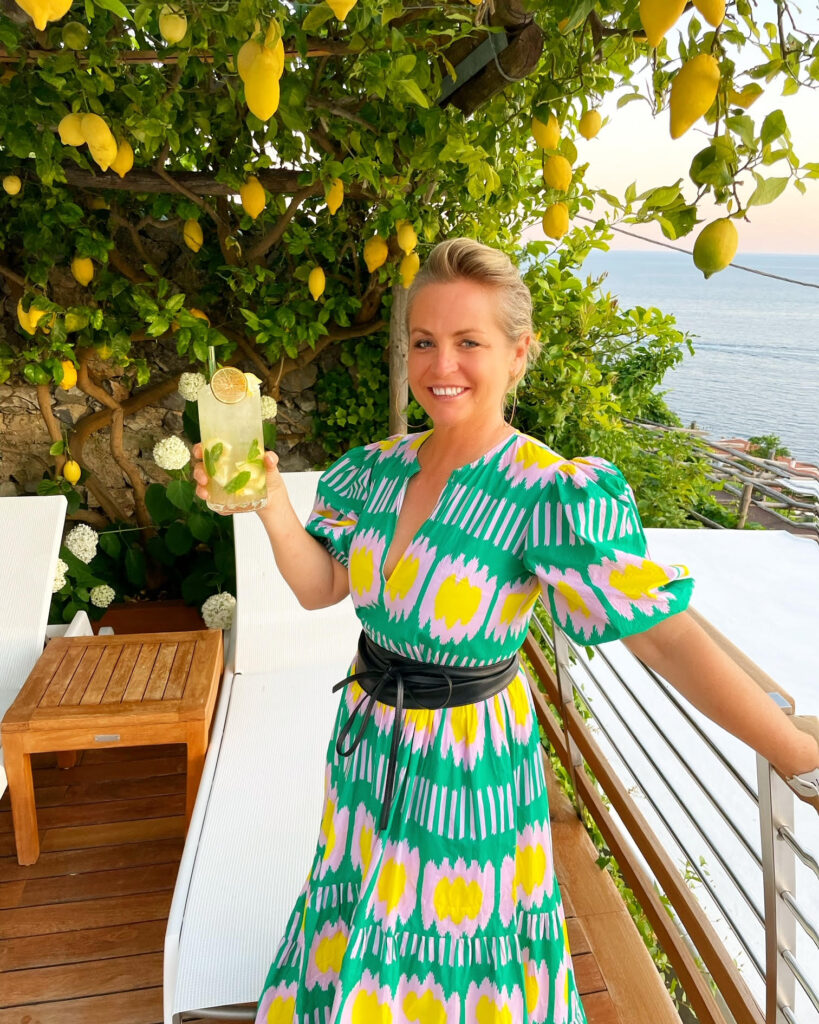
Founder and CEO of Azure Road, Lauren Mowery is a longtime wine, food, and travel writer. Mowery continues to serve on Decanter Magazine’s 12-strong US editorial team. Prior to joining Decanter, she spent five years as the travel editor at Wine Enthusiast. Mowery has earned accolades for her writing and photography, having contributed travel, drinks, food, and sustainability content to publications like Food & Wine, Forbes, Afar, The Independent, Saveur, Hemispheres, U.S. News & World Report, SCUBA Diving, Plate, Chef & Restaurant, Hotels Above Par, AAA, Fodors.com, Lonely Planet, USA Today, Men’s Journal, and Time Out, among others.
Pursuing her Master of Wine certification, she has also been a regular wine and spirits writer for Tasting Panel, Somm Journal, VinePair, Punch, and SevenFifty Daily. Mowery is a graduate of the University of Virginia and Fordham Law School, and she completed two wine harvests in South Africa.
Follow her on Instagram @AzureRoad and TikTok @AzureRoad


